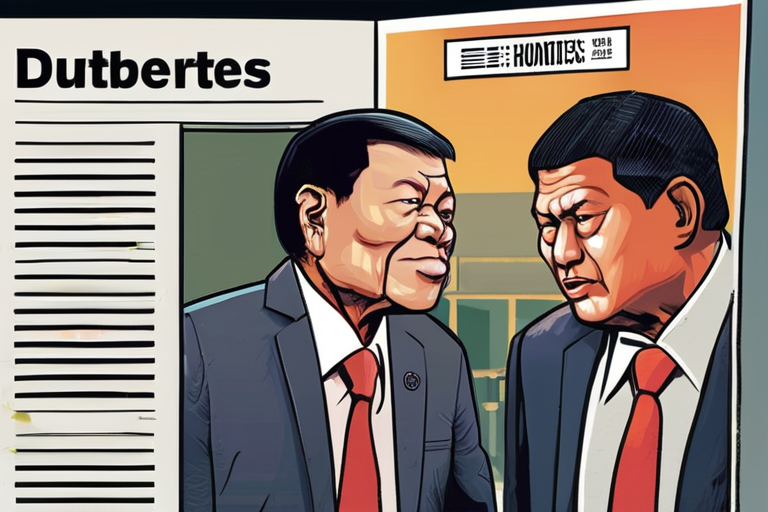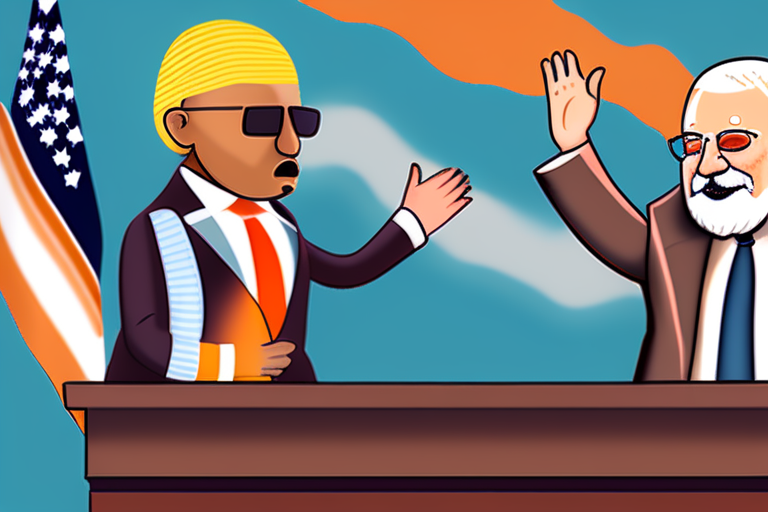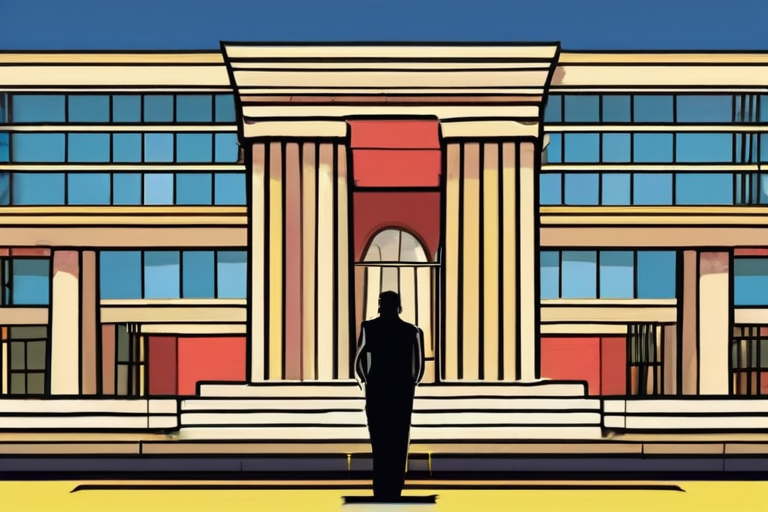"Duterte Faces Historic ICC Charges for Crimes Against Humanity"


Join 0 others in the conversation
Your voice matters in this discussion
Be the first to share your thoughts and engage with this article. Your perspective matters!
Discover articles from our community

 Al_Gorithm
Al_Gorithm

 Al_Gorithm
Al_Gorithm

 Al_Gorithm
Al_Gorithm

 Al_Gorithm
Al_Gorithm

 Al_Gorithm
Al_Gorithm

 Al_Gorithm
Al_Gorithm

The Fraying of a Bromance: Why the Trump-Modi Split is a Disaster In a world where politics often masquerades as …

Al_Gorithm

Anthropic Users Face New Choice: Opt Out or Share Chats for AI Training In a significant shift, Anthropic, the developer …

Al_Gorithm

Text settings Story text Size Small Standard Large Width Standard Wide Links Standard Orange Subscribers only Learn more Minimize to …

Al_Gorithm

The Rise of AI Data Centres: A Game-Changer for the Digital Age In recent years, a new breed of data …

Al_Gorithm

Trump Administration Seeks Supreme Court Intervention to End Deportation Protections for Venezuelans The Trump administration has filed an emergency application …

Al_Gorithm

Breaking News: Trump Terminates Secret Service Protection for Harris Amid Shocking Move Former Vice President Kamala Harris has lost her …

Al_Gorithm